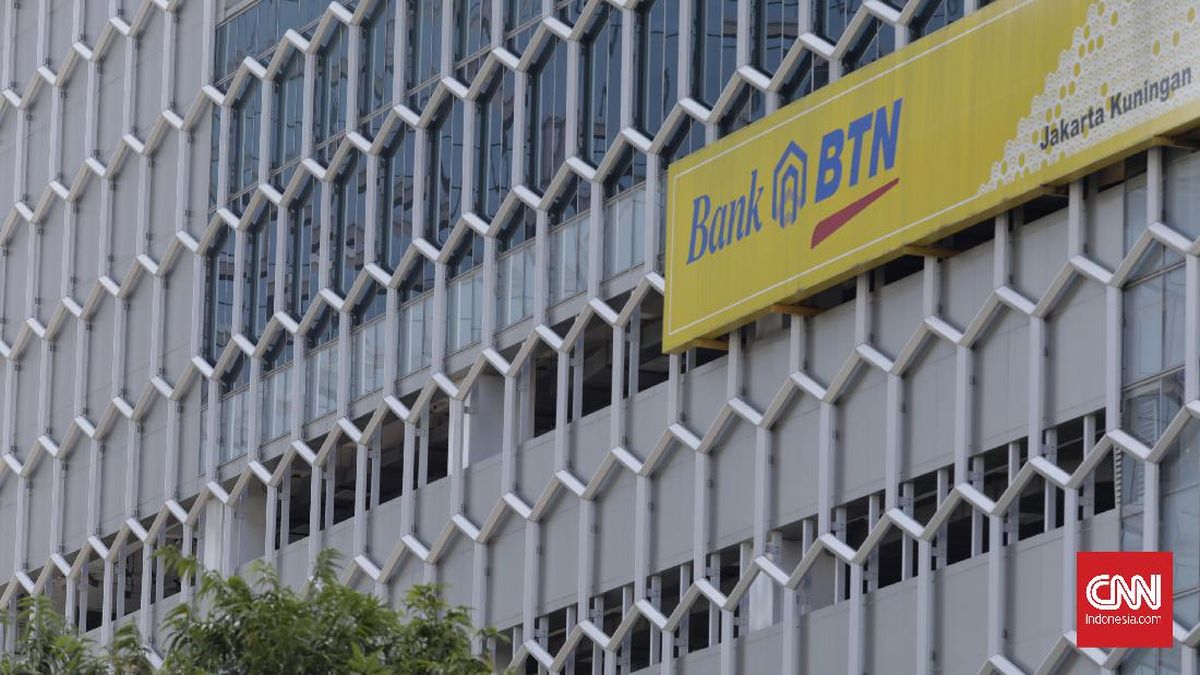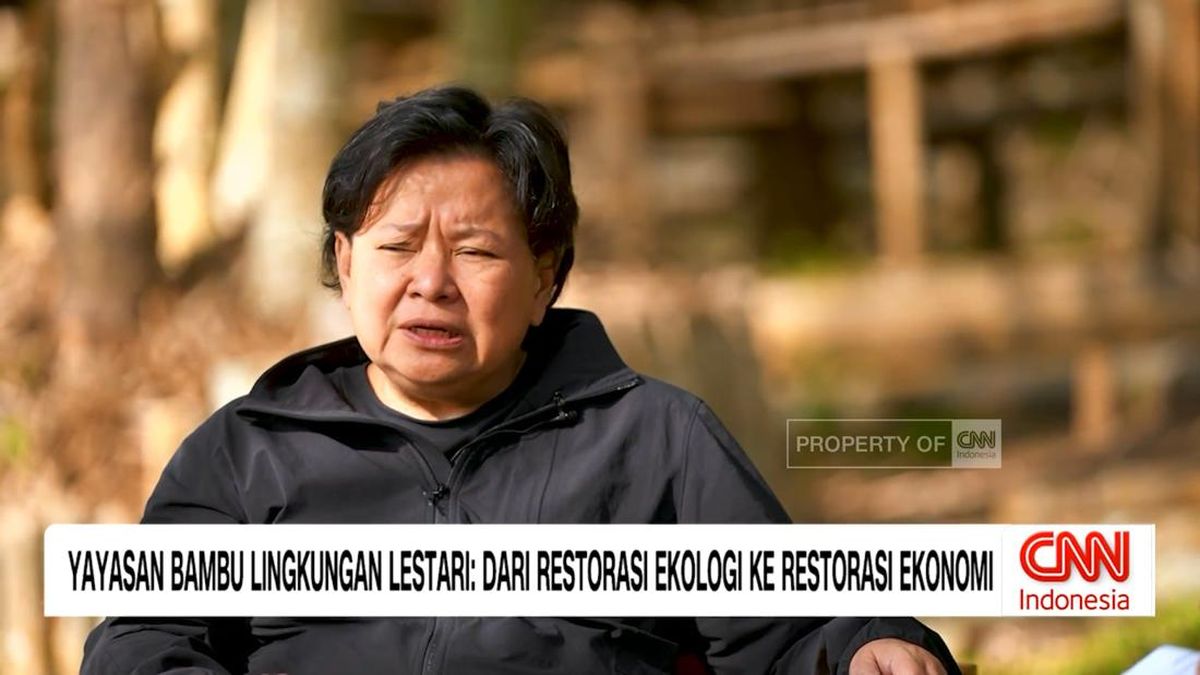Opinion
November 5, 2025 — 5.01am
November 5, 2025 — 5.01am
My husband and I have just sold a rental property we bought in 1999 and have never lived in. It provided about half of our regular income, with the rest coming from super and the occasional freelance job or art sale. We were, of course, expecting to pay a hefty capital gains tax on the sale. Unfortunately, we’ve been caught by an unexpected ATO rule. Even though we received the funds in August this year, the contract was signed in June – and the ATO deems that capital gains tax (CGT) is payable in the financial year in which the contract is signed.
This has created a double whammy for us. We’re unable to make a concessional tax contribution using the five-year carry-forward rule because we discovered the issue after the cut-off date. That contribution would have reduced our tax substantially. Moreover, the rent we received in the previous financial year will be added to our taxable income – which wouldn’t have been the case if the sale had fallen into this year.
Had we known about this rule, we could easily have delayed signing the contract by a couple of weeks. We sold to long-term tenants of eight years, so there was no urgency. Is there any way to appeal to the ATO to have our situation reviewed? In a normal year, we both have a minimal taxable income – sometimes none.

If you’re not careful, capital gains tax can take a big chunk out of your property earnings.Credit: Simon Letch
Sadly, there’s no good news here. The law is clear that the key date for CGT purposes is the date the contract was signed. It’s a timely reminder to all our readers of how important it is to get good advice before entering any transaction that could trigger a CGT event.
As you mention, had you known how crucial that date was, you could have delayed signing until after June 30 – allowing you to make tax-deductible contributions to super to offset the gain, and allowing yourself another 12 months to pay the CGT due.
We are concerned about how much capital gains tax our family will have to pay when they inherit our super fund. Would it be feasible to sell the shares in the super fund that have large unrealised gains and then buy them back within the fund, so that the CGT starts from a new cost base and there is less tax to pay when they are eventually sold?
Legally, nobody “inherits” a self-managed super fund. If you have a company trustee, the fund itself does not die when you do – it simply continues until the trustees or executors redeem the assets and make payments to your beneficiaries. When that happens, any capital gains tax is calculated at the concessional rates that apply within the fund.
A much bigger issue is the 17 per cent “death tax” (including the Medicare levy) that applies to the taxable component of super left to non-dependents. In most cases, your children will be classed as non-dependents, and that tax can be significant.
The most effective strategy is to ensure your attorney has clear instructions to withdraw your balance from super — tax-free — and place it in your personal bank account if death appears imminent. This simple step can save your family a substantial amount of tax.
In working out a person’s eligibility for the age pension under the income test, are franking credits on dividends counted as income? I’ve always assumed they were, but could you please confirm whether that’s the case?
Loading
Under Centrelink rules, franking credits aren’t counted as income. For financial investments (shares, managed funds, bank accounts, and super once you reach pension age), Centrelink applies deeming instead.
So, as in your example, a couple with $700,000 in financial assets ($500,000 in super and $200,000 in shares) would have deemed income of $17,126 a year ($659 a fortnight), and neither the actual dividends/franking credits nor the super pension payments are otherwise assessed for the income test.
Keep in mind, too, that if your rate is determined by the assets test, the income test doesn’t affect your payment—though Centrelink still records income in case circumstances change.
How can I help boost my wife’s super balance? I’m 64 and recently retired, with my super now in a pension account from which I’ve received my first payment. My wife is 55 and took a long career break to raise our children, so her super balance is much lower. Can I withdraw a lump sum from my pension account and give it to her so she can make a non-concessional contribution to her super?
You’ve retired after age 60, so you can withdraw from your superannuation whenever you wish and can certainly give some of it to your wife to contribute to her own super fund as a non-concessional contribution.
Remember that superannuation is not counted for Centrelink purposes until a person reaches 67, unless they’ve started a pension from their fund. Once you reach 67 and are considering the age pension, money held in your wife’s super fund will be of great benefit, as it won’t be counted when your eligibility is assessed.
Noel Whittaker is author of Retirement Made Simple and other books on personal finance. Questions to: [email protected]
- Advice given in this article is general in nature and is not intended to influence readers’ decisions about investing or financial products. They should always seek their own professional advice that takes into account their own personal circumstances before making any financial decisions.
Most Viewed in Money
Loading


















































